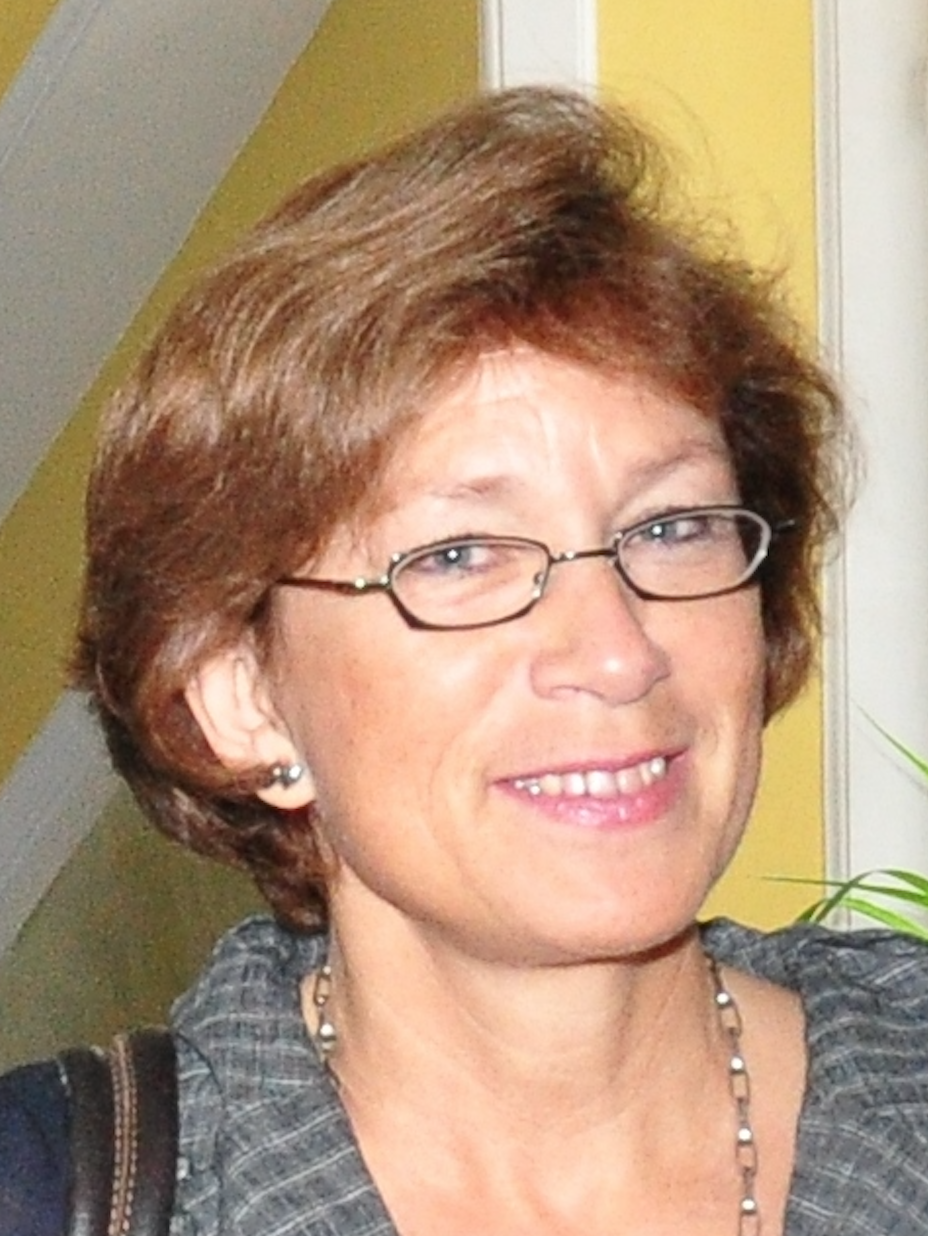
by Kristina Cunningham
The EU guideline for language teaching in school was agreed between the Heads of State and Government fifteen years ago: every European citizen should have the opportunity to learn two foreign languages from a very early age. However, European surveys indicate that around half of all European citizens are still unable to speak even one foreign language. This is sadly the case even for the generation that has spent the past fifteen years in school. New and better connections therefore have to be made between policy and practice. The European Commission is working together with the Member States to make language teaching and learning more efficient and at the same time more inclusive. Recent initiatives take account of technological progress and new trends in assessment. They also reflect an increased awareness of global developments, such as the role of English as lingua franca and the influence of languages from outside Europe. One common challenge, which is reinforced through the current refugee crisis, is that an increasing number of pupils speak a different language at home than in school. Educators must be prepared to deal with the specific needs and expectations of a more heterogeneous population of learners. Attention to the linguistic background of each individual is an essential element of successful teaching in school. If it is ignored, diversity can lead to learning difficulties and ultimately to school failure. But if it is properly recognised, it can create a more inclusive environment, paving the way to better learning outcomes across all subjects in later years and to a smoother acquisition of better language competences for all.

Senior policy officer, Directorate General for Education, Culture, Youth and Sport, European Commission, Brussels
Kristina Cunningham is the senior policy officer in charge of multilingualism at the European Commission. She previously worked as a sales and marketing manager in the private sector. She holds a Masters degree in Business Administration and Modern Languages from the University of Gothenburg, Sweden, and a Certificate of Political Studies from the Institute of Political Sciences in Paris, France. She is involved in the development of strategies for making multicultural and multilingual classrooms more efficient and socially more inclusive, and to support teachers in their evolving roles.